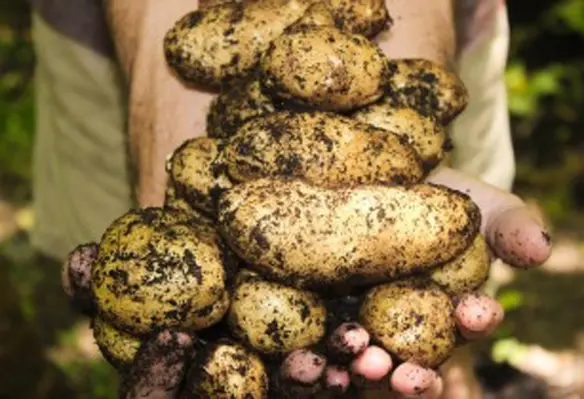Leading agriculture organisations from Africa and Asia have collaborated on major staples products
The inaugural meeting and signing of agreements by the largest agriculture associations in Africa and Asia took place on 13 January 2019.
The Asia-Pacific Association of Agricultural Research Institutions (APAARI), Forum for Agricultural Research in Africa (FARA), West and Central African Council for Agricultural Research and Development (CORAF), Food Agriculture and Natural Resources Policy Analysis Network (FANRPAN), along with the International Crops Research Institute for the Semi-Arid Tropics (ICRISAT) which set in motion the Smart Food initiative in 2013.
This partnership is part of a new effort to make a major contribution to the Sustainable Development Goals (SDGs). The approach is to focus on diversifying staples.
Given that staples may typically constitute 70 per cent of a meal and are often eaten three times a day, diversifying them can have a pronounced impact on overcoming malnutrition and poverty and coping with climate change and environmental degradation. This will contribute to the SDGs for overcoming poverty and hunger (SDG 1 and 2), responsible consumption and production (SDG 12), along with adaptation to climate change (Goal 13). The approach taken will include gender equality (SDG 5) and action through partnerships (SDG 17).
“We need to link and synergise other existing programs along the whole value chain. Capacity building will be one opportunity especially in taking a holistic Smart Food approach where issues around nutrition/health, environment and farmer welfare can be tackled,” said Dr Ravi Khetarpal, executive secretary, APAARI.
“Smart Food crops have been neglected for reasons other than value as they are inherently nutritious and adaptable to diverse farming systems. We need to promote these inherent values,” noted Dr Abdulai Jalloh, director of research and innovation, CORAF.
“This approach is a fitting response to today’s major global issues. We want to add to the big crops; not displace them. Moving from the Big 3 staples (rice, wheat and maize) to having more, the Big 5 and later the Big 7, is an important aim. Now we have to go from a pitch to reality,” Jalloh added.
“This new partnership strengthens collaborations between Asia and Africa and can open up opportunities to join forces at any point along the value chain, from consumers through to processors, chefs through to farmers, researchers and others,” expressed Dr Peter Carberry, director general, ICRISAT.




